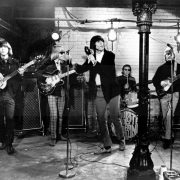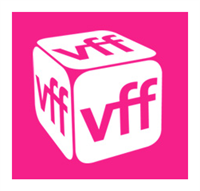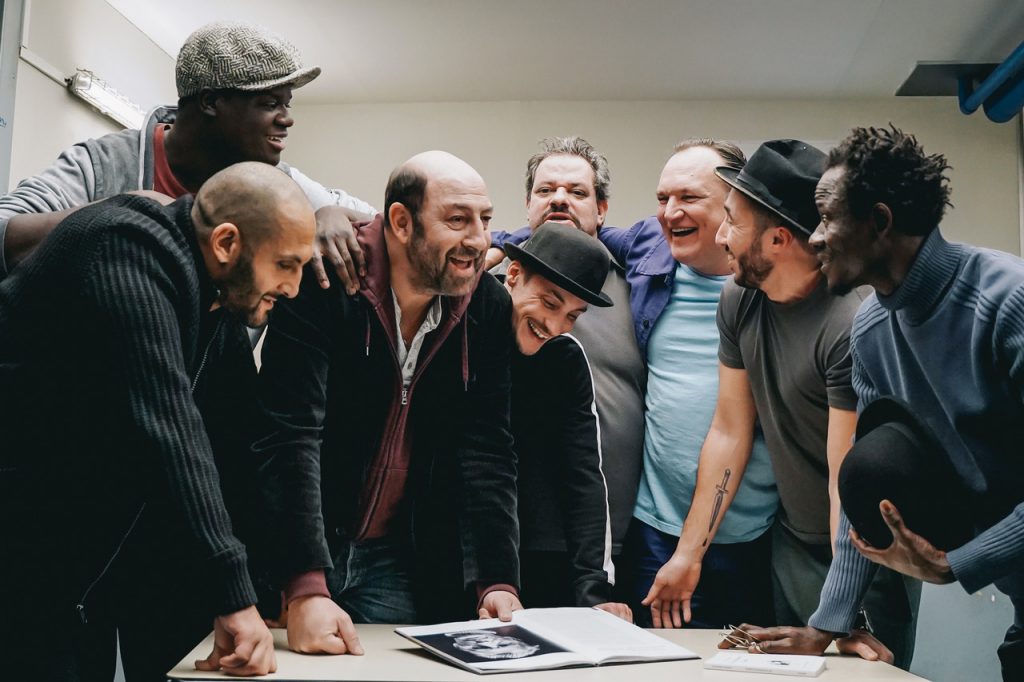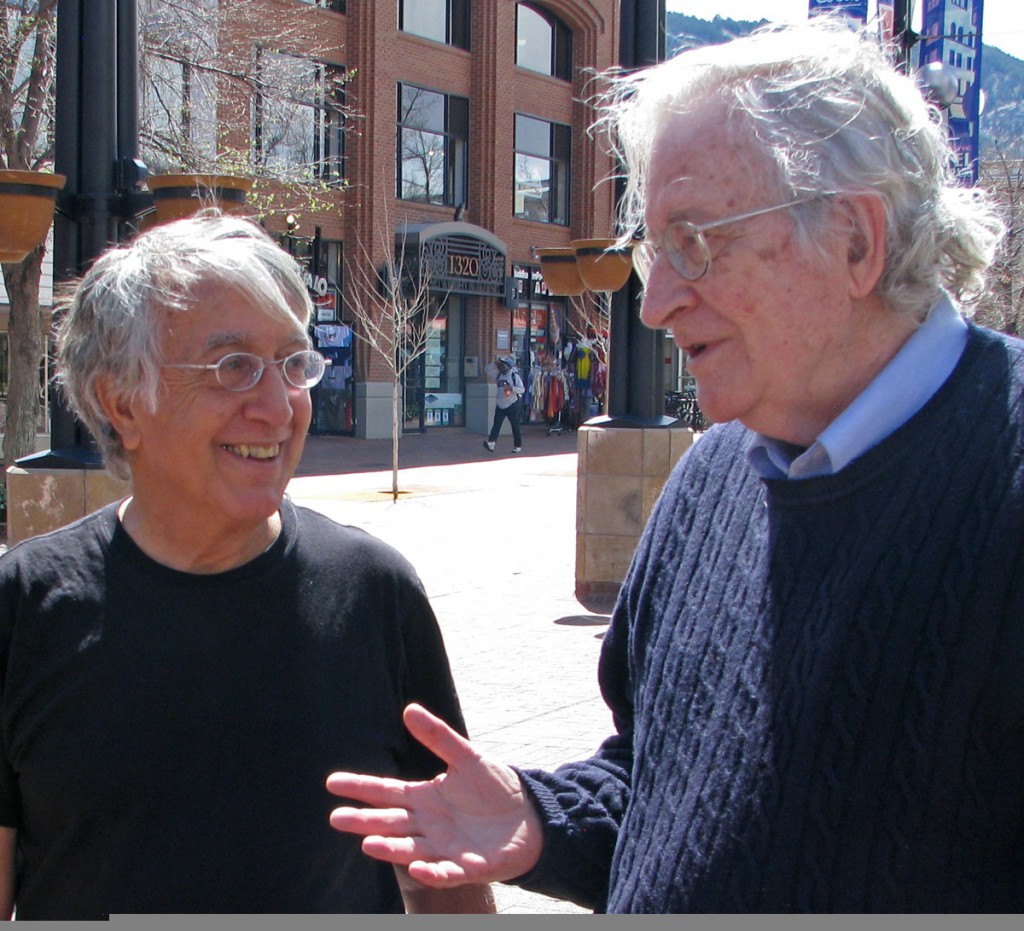CFUV @ UNO: Q&A with Conor Wylie from eatingthegame
Written by Festival Coverage on 05/13/2015
This interview has been edited and condensed.
In a broad sense, how would you describe the piece?
We’re calling it a motivational keynote presentation. There are elements of pitch, [but] it’s hard to describe. I don’t want to give too much away. As a starting point, I would say it’s a keynote presentation about foreign investment and the intersections of business, art, East, and West. And it sounds dry, but it’s a fun time, it’s a big party too.
What inspired a production like eatingthegame?
In Vancouver, it was most inspired by the affordability crisis over here. Vancouver is the second-most unaffordable city in terms of living expenses to wage, second-most expensive in the world behind Hong Kong. And so, artists everywhere and people, everyone that lives in Vancouver, especially young people, can hardly make ends meet. It seems like if you’re going to live in this city, you’re never going to be able to afford a home. And, specifically, the conversation that happens in Vancouver is that there is a lot of immigration, millionaire migrants, a lot of them from China, and now, all this stuff too is not totally proven…but there’s a suspicion that a lot of the apartments and condos in Vancouver are being purchased by foreign investors who want to buy a place here not to live in it but because it’s a safer investment than putting that money in banks because there’s a guarantee in Vancouver that if you buy a property here it’s going to increase [in value]. So there’s a whole kind of conversation around wealth and race that emerges with that kind of suspicion. And that is the inspiration for the show. And I’m pretty excited, pretty curious to see how that will be read and interpreted in Victoria, whether it will still have the same impact that it does over there because Victoria from what I understand has a housing crisis of its own.
What drew you to the format of a slide presentation or a sales pitch instead of something more traditional?
It came out of an interest in those forms themselves. For example, one thing I used for research often in performance and crafting the structure is Steve Jobs, and specifically the first iPhone launch — the presentation of it, the cultish, not cultish, the sort of worship that happens in those events. Those are the things that inspired that performance style. The director and designer, Milton Lim and Remy Siu, had found themselves going to a sort of meeting like this. It was posted as a business meeting and then when they got there it turned out to be a pyramid scheme, and the person there who was very charismatic leading this thing and talking about Vancouver and B.C. as the gateway to the Asian marketplace. They had such a visceral reaction when they were at this meeting that they were like, “we need to make something about this world of foreign investment and this world of trading,†so that’s what birthed the idea.
What kind of audiences have you brought the show to?
So far we’ve just done the one show in Vancouver. It was at Club PuSh, part of the PuSh International Performing Arts Festival, which presents local Canadian and international work. Mostly of a contemporary bent, so lots of interdisciplinary stuff, collaborative stuff, and so this is the alternative venue for it. In the audience we got the traditional theatregoing crowd, people who are in the theatre or people that support the arts, and people who are more leftist-bent. More socialist crowd. At the same time, we had one table that was purchased…by a group of investors from Asia and were more on the other side of the spectrum. They were business people proper and they had come to the show because of a connection to the company. So we had this pretty divisive crowd, which was pretty juicy thing to find because the show itself is quite direct and interactive, because it’s a presentation more so than an out and out theatrical piece. So, the audience out there is sort of, a mine for the content of the show.
Since you’re bring this to Victoria do you see it changing at all? Either the content or the reaction?
Yes, definitely. Because the show is a presentation, it’s about the place that we’re in. And so it doesn’t make any sense for me to deliver the same content…Instead, it’ll all be about Victoria experiences and Victoria experiences and Victoria living. When my family first immigrated on my mother’s side, it was to Victoria, and so she grew up there and I spent a lot of my childhood over there, and a lot of my family is still out there. My great grandfather, I don’t know when it was exactly, but he founded Oxford Foods. And my family still owns that, too. So we have ties to Victoria so it’s a nice thread to do it in this second home for myself.
When you brought up your roots in Victoria, I was thinking about how the demographics are different between those different waves of immigration. When your family came several generations ago, they came from working class roots and ended up founding laundries, grocery stores, restaurants. My own grandfather did the same thing. But, when you’re talking about the kinds of immigrants that came after the 1980s, they tended to be quite wealthy, quite educated, at the very least they come from very different backgrounds. Now that the demographics are different, do you think that’s something people see and talk about?
Those kinds of questions are things that exist under the surface in this piece, and I think people that do sort of discuss those questions are really going to get into the content of the show. Do I think people are talking about this in Vancouver? Absolutely. When I was still constructing the presentation I kept seeing new conversations around the same sort of content in the city, whether it was on Facebook or through articles, that this was a never-ending flow of these details that I thought, “Oh, this is perfect. I have to include this in my presentation.†And then, it got to a point when I thought there’s no way I can put everything in here, but it is really good that all this stuff is being chatted about because that lives within this world. It just means that people are talking about this, and when it gets brought to them in this presentation, they’re going to meet it with a lot of thoughts about this already.
The theatre scene in Canada and much of the West is mostly made up of white actors. The stories of the Asian diaspora haven’t really made an impact on mainstream, at least I don’t think so. What kinds of stories do you think are missing and what do you want to add to the conversation, so to speak, through the production, or through the theatre company you’re working with?
I think, it’s really hard to say, because I do see trends shifting as well. For example, I don’t know if it made its way over to Victoria, but Ins Choi’s “Kim’s Convenience†[is] by a Korean-Canadian playwright, with an all-Korean cast except one black actor and it’s all set in Mr. Kim’s convenience store. It’s quite a broad comedy and a poignant immigrant story as well. And that one just made a tour all across Canada and CBC just picked it up as a series. And I think it’s going to make a really hilarious series because it’s a tight show, it’s funny, and it’s quite moving at times as well. So, I especially see, it seems like there are different stories about different mainstream theatres as well. I know that our club has a show called “Disgraced†coming in the fall, which is about Islamophobia and America, so this stuff is meeting the mainstream theatres as well.
It seems like often, performers and creators of ethnics minorities in Canada have to address stories that people expect from them. We expect the immigrant story about the convenience store. I was in a production of Kite Runner a couple of years ago and we sort of expect ethnic identity plays in ways we meet work by ethnic minorities, you know? Kind of expect that identity has to be a critical part of it as we find our way into living here. And I think I’m waiting for a show about a Korean spaceship, where content doesn’t have to be so driven by that. When we can have an all-Middle Eastern cast, not doing a show about the Middle East in a mainstream theatre but an all-Middle Eastern cast doing Shakespeare.
When I think about, even in just a classic room in the marketplace sense, that’s where the opening seems to be, that’s where the foothold seems to be.
Yes, absolutely. I don’t know if eatingthegame adds necessarily anything new to that conversation, but I do think it problematizes it in a way, because I definitely agree with you. I definitely think that, in terms of the foot in the marketplace, you’re absolutely right. That is what people know and want to buy because they’ve seen it before, and when it’s done right, they get it. That whole marketplace thing reminds me of a terrible terrible thing that Ridley Scott said about his movie Exodus. I don’t know too much about it, but it’s set in Egypt, and he cast all white actors in these African roles, and people obviously got up in arms about this and asked, “Why didn’t you cast anyone from the region in any parts?†and his response was, “Look, it doesn’t even…” this is a paraphrase, but, “It doesn’t even enter the question because the studio’s not going to give me the budget I need to make this movie if I cast Mohammed so-and-so that nobody knows.†And it was this tremendously, not even ignorant, but just tremendously racist thing that he said. It was just totally dismissive of that argument, but Hollywood is the perfect example of the marketplace that dictates the art that’s made, so they cast a man, and then a white man, as the lead. They just don’t want to take a chance on something else.
—Hugo
For more CFUV coverage of Uno Fest 2015, click here.
For ticket info and showtimes, click here.






